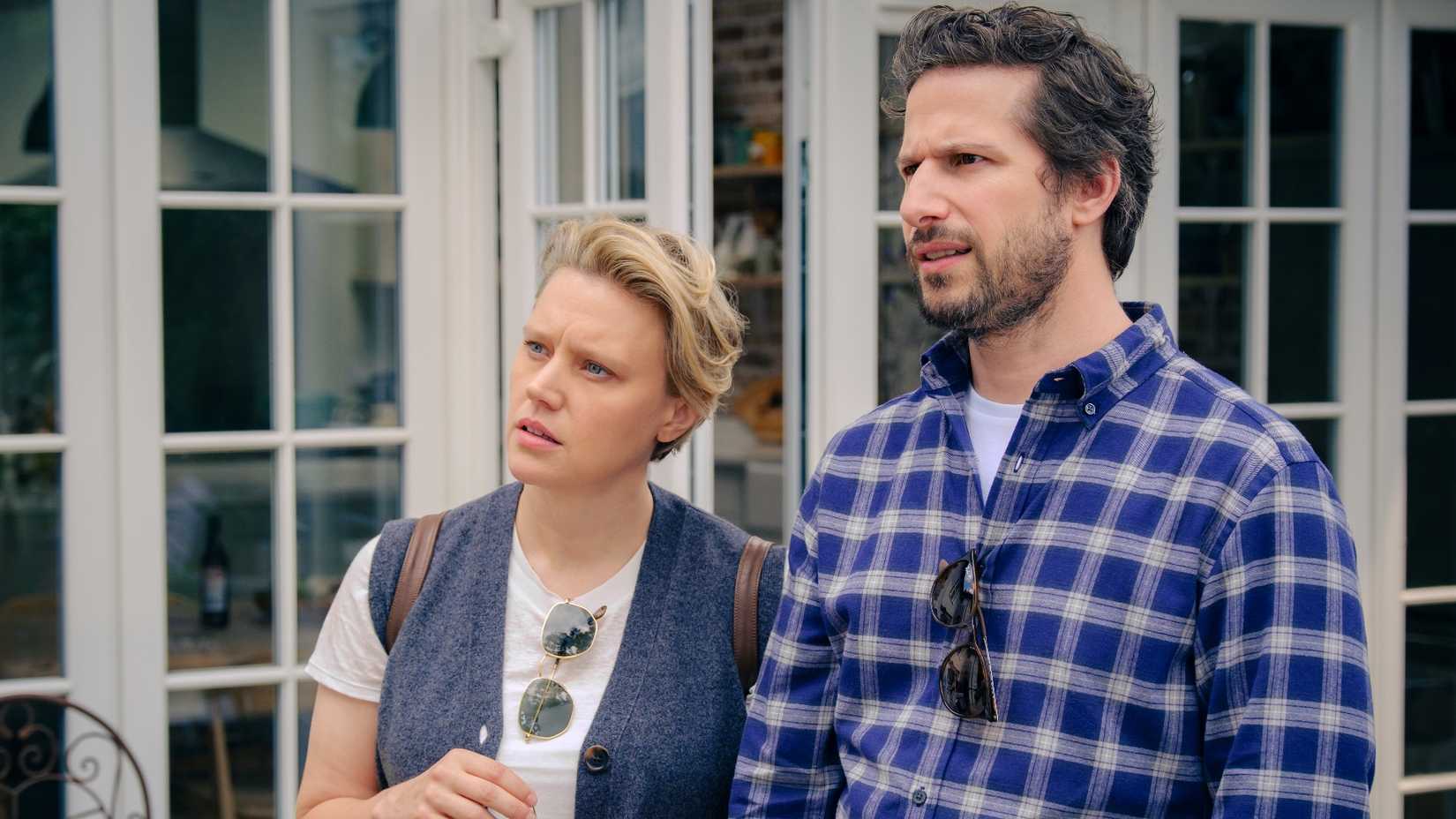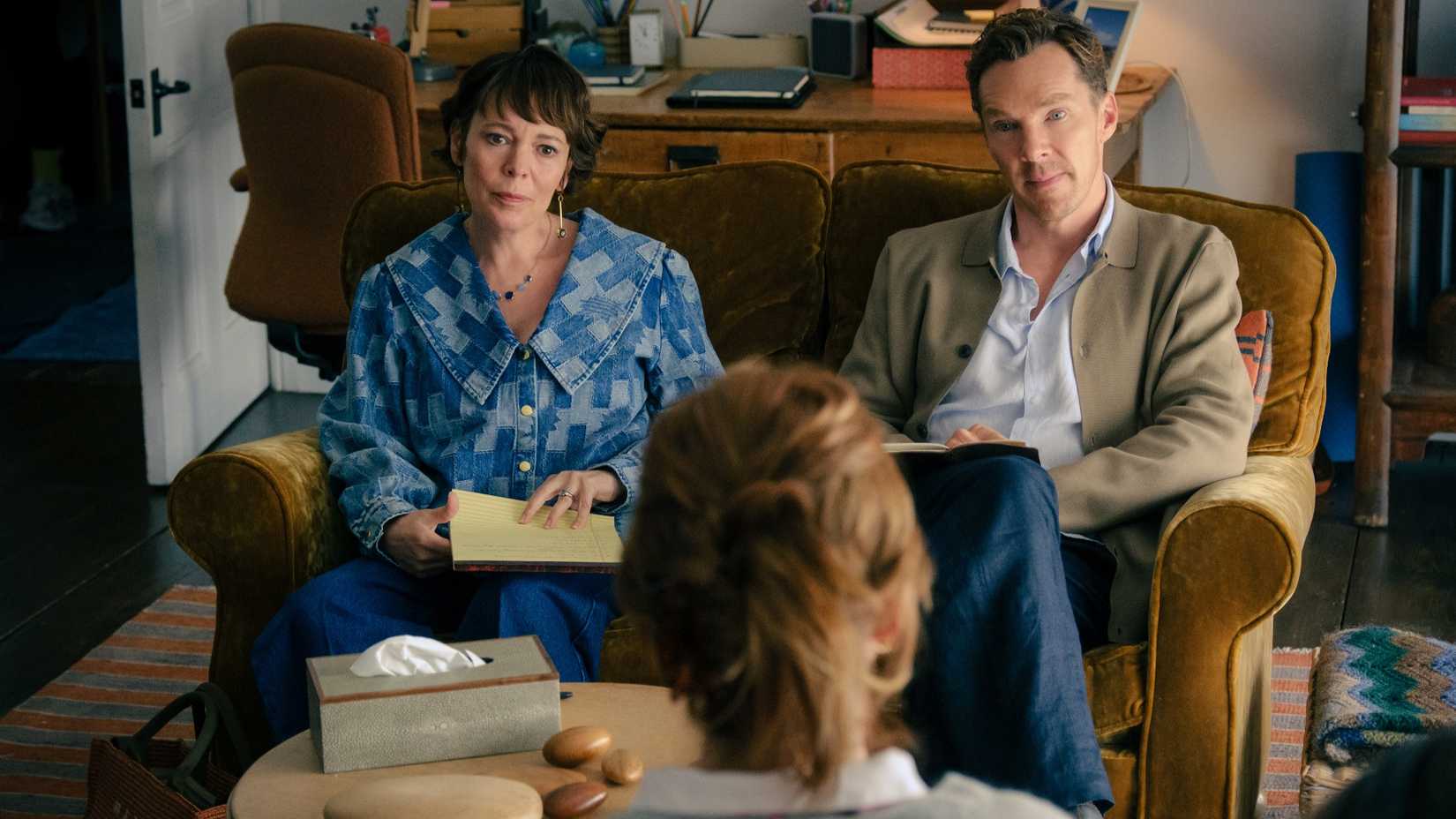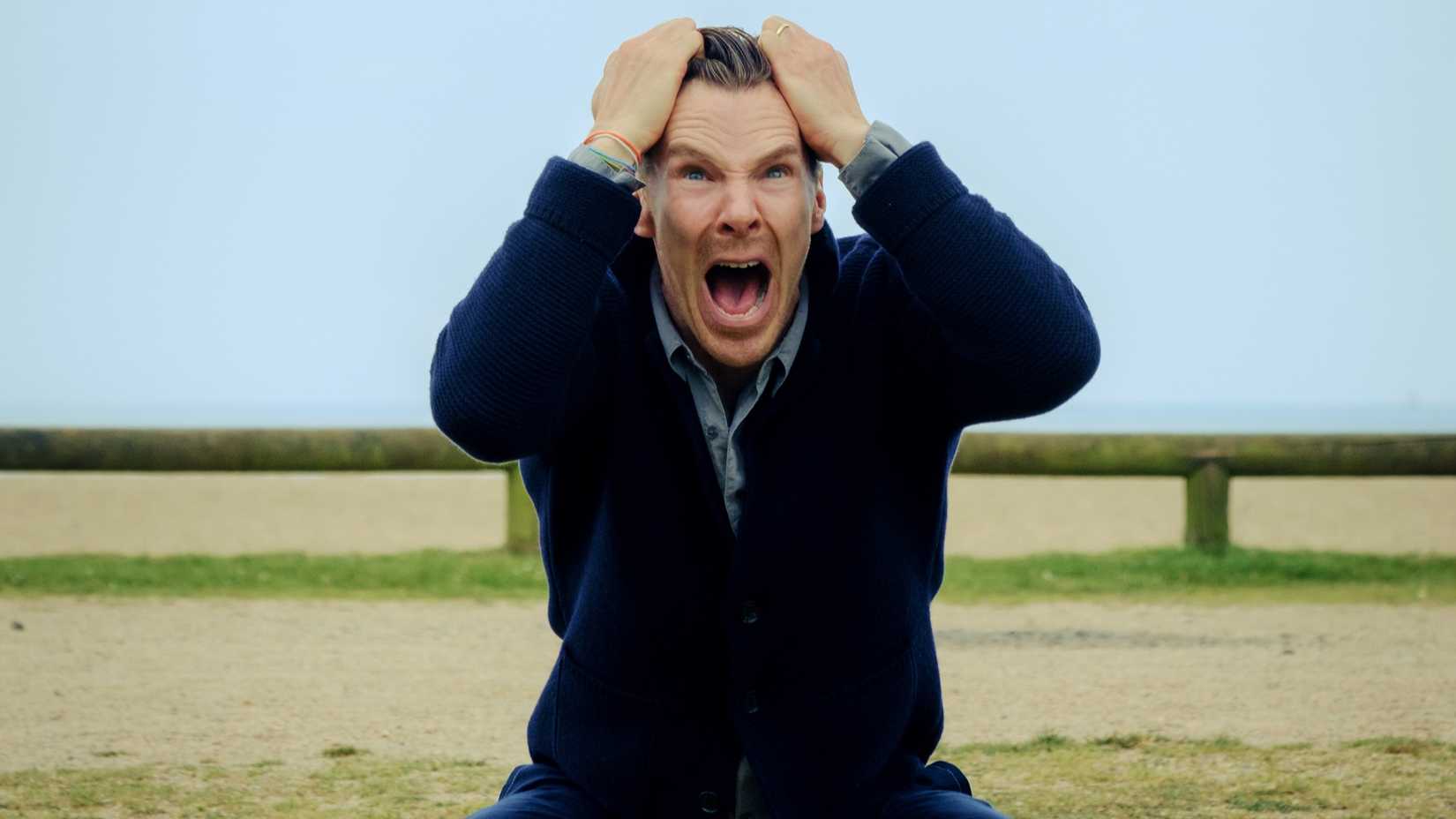No one would call the 1989 Michael Douglas/Kathleen Turner comedy The War of the Roses a fine-grained examination of a dissolving marriage. The primary selling point of the film — itself an adaptation of Warren Adler’s 1981 novel — was to see how pitch black a dark comedy could get, and even then, it was pretty bleak. So what’s odd — and a tad disappointing — about its inevitable remake, The Roses, is that the promise of new and uncharted levels of cruelty goes largely unfulfilled.
Which is not to say the movie is unfulfilling. In fact, it provides something that the 1989 movie lacked: The Roses is, as much as can be expected in a dark comedy, a fine-grained examination of a dissolving marriage. The amount of emotional legitimacy in the story of Theo and Ivy Rose’s slow marital descent is as surprising as any of the insults they hurl at each other as the pressures of modern marriage chip away at their relationship. If the escalating comedic stakes never feel particularly dangerous in an era that also produces South Park and It’s Always Sunny in Philadelphia, that’s the price we pay to see Benedict Cumberbatch and Olivia Colman argue in ways that seem achingly familiar.
Cumberbatch and Colman never quite read as an entirely believable couple, but they both effectively lean into the reality of their relationship. Colman, an international acting treasure if there ever was one, is especially deft at folding the laughs into the contours of her character, as opposed to pausing to spout another perfectly-crafted zinger by screenwriter Tony McNamara (Poor Things, The Favourite). The Roses may stop short of being truly transgressive, but it makes up for it with a sneaky-sharp script where the insults spice up the tragicomic story of a power couple who can’t manage to both be powerful at the same time.
The Roses
- Release Date
-
August 29, 2025
- Director
-
Jay Roach
- Writers
-
Warren Adler, Tony McNamara
- Producers
-
Jay Roach, Michelle Graham, Adam Ackland, Leah Clarke, Ed Sinclair, Tom Carver
Humor that Draws Blood
The Roses is directed by Jay Roach (the Austin Powers trilogy, Meet the Parents, Meet the Fockers), whose superpower is staying out of the way. This works best when he’s dealing with a solid script and top-shelf performers, and in the opening moments of The Roses, we sense that Cumberbatch and Colman are tapping a vein of authenticity — even if it’s a vein that is destined to draw blood. Sitting in the office of their marriage therapist, the already troubled Theo and Ivy are asked to name 10 things they still like about each other. Theo claims he’d “rather live with her than a wolf,” while Ivy compliments the fact that Theo “still has arms.” The telling moment is not when the therapist concludes that their marriage is unsalvageable: It’s when they both leave the therapist’s office laughing. The idea that all the bickering and the blaming is ultimately silly compared to everything Theo and Ivy have built together is a beat that Roach returns to repeatedly, and it always feels right.
In flashback, Roach then sketches the beginnings of Theo and Ivy’s relationship. He’s an accomplished London architect and she’s an up-and-coming chef; after a hot and heavy start, they move to fancy digs in the coastal town of Mendocino, California, where they raise their two children. McNamara plants gentle seeds of discord that are destined to take root later, and his insights are genuine. They argue about the amount of sugar their kids can eat. He complains that she never admits she’s wrong. Their sex is a respite from their disagreements and, most crucially, their career frustrations. It’s these vocational issues that become the crux of their problems, giving The Roses a stinging, modern edge that pays off in some choice insults that keep the laughs coming.
The Power Dynamics of a Career Couple
Those issues reveal themselves when Theo is hired to design a maritime museum. Now flush with money, he buys Ivy a building for her to convert into a fish restaurant that she calls We’ve Got Crabs. Before the restaurant — and this is as damning to Theo as it is to society’s antiquated concept of marriage — the husband/wife power dynamic is a familiar and comfortable one. He makes the money, while she’s off to the side raising the kids (and, with hubby’s help, indulging her culinary passions). But when an enormous storm destroys Theo’s museum on the same night that an influential restaurant critic enjoys a meal at We’ve Got Crabs, that power dynamic begins to flip.
The Greek chorus during Theo and Ivy’s inexorable drive into a marital ditch is led by another couple, Amy (Kate McKinnon) and Barry (Andy Samberg). McKinnon in particular is very funny, hitting on Theo in ways that suggest she’s not existing in the same marriage as the disbelieving Barry. Samberg plays his character fairly straight and not strictly for laughs, which bodes well for more dramatic roles in the future. We meet Amy and Barry at a shooting range, which gives the Australian-born McNamara an opening to take some shots at another troublesome relationship: America’s connection to guns.
Otherwise, Amy and Barry’s purpose is to give Theo and Ivy someone to whom to articulate their troubles. These troubles intensify when the unemployed Theo channels his energy into caring for their two kids, and the resentment he feels about his career emasculation leads him into dark parenting waters. He makes his kids sign a contract stipulating better eating habits. He puts them on a brutal exercise regimen. He toughens them up by reading them Bukowski. It’s an ego death that condemns the outdated way in which a man measures his worth, as well as our capitalistic impulse to want equal fulfillment at the office and at home.
The Insults Come Fast and Furious
In a film where one is expected to be increasingly horrified by the comic sadism of its main characters, it’s impressive how much mileage the film gets from its accurate depiction of a marriage in freefall. Initially, the couple fights fair, and they often find themselves choosing between a “three-hour circular argument that goes nowhere or sex.” Eventually, they begin acting out their jealousies, and Theo is man enough to admit that these resentments are getting the best of him. He feels left behind as Ivy embraces her exciting new life as a celebrity chef. She feels estranged from her children, and resents Theo for not overcoming the failure of the museum. The film pulls them apart and puts them back together in ways that are quite relatable — until Ivy attempts to right the marriage and restore Theo’s self-worth by bankrolling a new family home for Theo to design.
Soon Theo and Ivy’s passive-aggressive insults become merely aggressive, and we get the feeling that their dream home’s 15th-century dining room table with the embedded knife and the stove originally owned by Julia Child will play into the violence to come. Of course, we’re right, but there’s still a nagging sense that The Roses never fully shifts into the comedic overdrive we were hoping for from the writer of Poor Things. The escalation of the comedy, from Theo grating a wart into Ivy’s food to Ivy posting a deepfake video of Theo smoking crack, is funny enough, as is the cameo from Allison Janney as Ivy’s divorce attorney. The surprise is that the film, much like Theo and Ivy, is trying to balance it all. And it just barely gets away with it. Who would have thought that a bitter and dark divorce comedy could actually make you appreciate your spouse?
The Roses, from Searchlight Pictures, opens in theaters on August 29.
Source link




















Add Comment